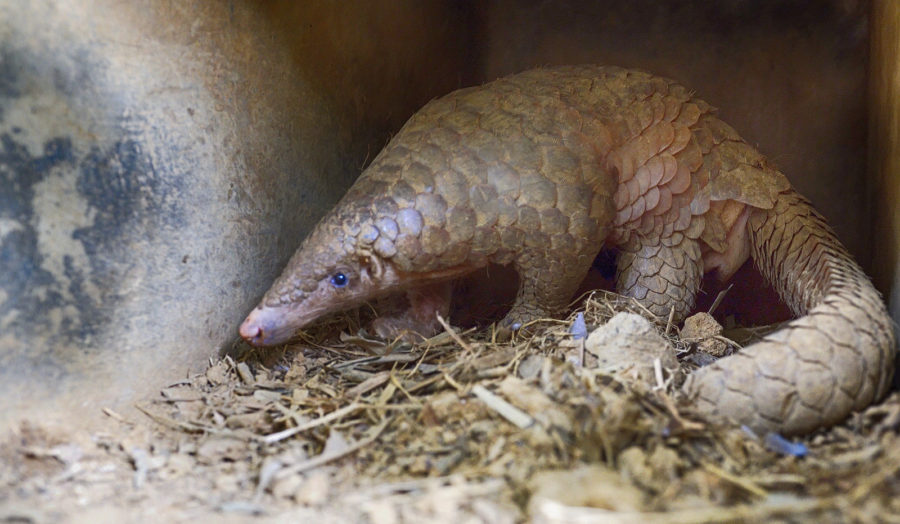This week the United Kingdom is hosting many world leaders. They are coming to London to make commitments in the fight against the Illegal Wildlife Trade.
The Illegal Wildlife Trade, or IWT, is not only big – the fifth largest transnational organised crime in the world – it also has incalculable costs for endangered species around the world.
Once they are gone, they won’t come back.
? closing down markets
? tackling corruption
? protecting iconic species from extinctionToday we're bringing together global leaders for a landmark conference to tackle the illegal wildlife trade#EndWildlifeCrime pic.twitter.com/QB8NauI7lP
— Foreign Office ?? (@foreignoffice) October 11, 2018
That is why strengthening the law enforcement response to IWT is one of the four pillars agreed in the 2014 London Declaration – the last time the UK hosted this Conference.
The UK believes that addressing IWT in a coordinated and systematic way is the most effective way of tackling this terrible crime. The UN Office of Drugs and Crime (UNODC), based here in Vienna, has a key role to play in fighting wildlife crime.
The UNODC is the guardian of the UN Convention against Transnational Organised Crime (UNTOC) and the UN Convention against Corruption (UNCAC).
The UNODC also plays a role as a partner in the International Consortium on Combatting Wildlife Crime (ICCWC), through its Global Programme for Combating Wildlife and Forest Crime, and through its role as the author of the World Wildlife Crime Report. The UK funded the first edition of the report and is also funding the second which is due out in 2019.
One of key themes of the conference will be how to tackle the illicit financial flows around wildlife crime. Tackling illicit financial flows is crucial in addressing the corruption which facilitates the trade. The UK believes that financial investigation techniques have been under-utilised to date. UNODC has immense expertise to offer.
That is why the UK has announced a further package of support in this area. Through an investment of £3.5 million, we will reduce illicit financial flows linked to the illegal wildlife trade.
To #endwildlifecrime you have to follow the money.
Before next week's London Illegal Wildlife Trade conference, experts from the UN Office on Drugs and Crime @UNODC explain why wildlife crime must be taken seriously. pic.twitter.com/QpPaGiLrov
— UK Mission Vienna (@UKMissionVienna) October 3, 2018
The project will build up the evidence base of who is perpetrating illegal wildlife trade, develop and deliver training to financial intelligence units and law enforcement, mentor investigators working on real cases, and ultimately strengthen the capability of the institutions supported to tackle the crime over the longer term. The project will be implemented by UNODC here in Vienna and the Egmont Centre of Excellence for Financial Investigation Units (ECOFEL).
I am delighted that the UK and the UNODC can, in this way, work together to make sure IWT does not pay – and in the process, to help save endangered species worldwide.

